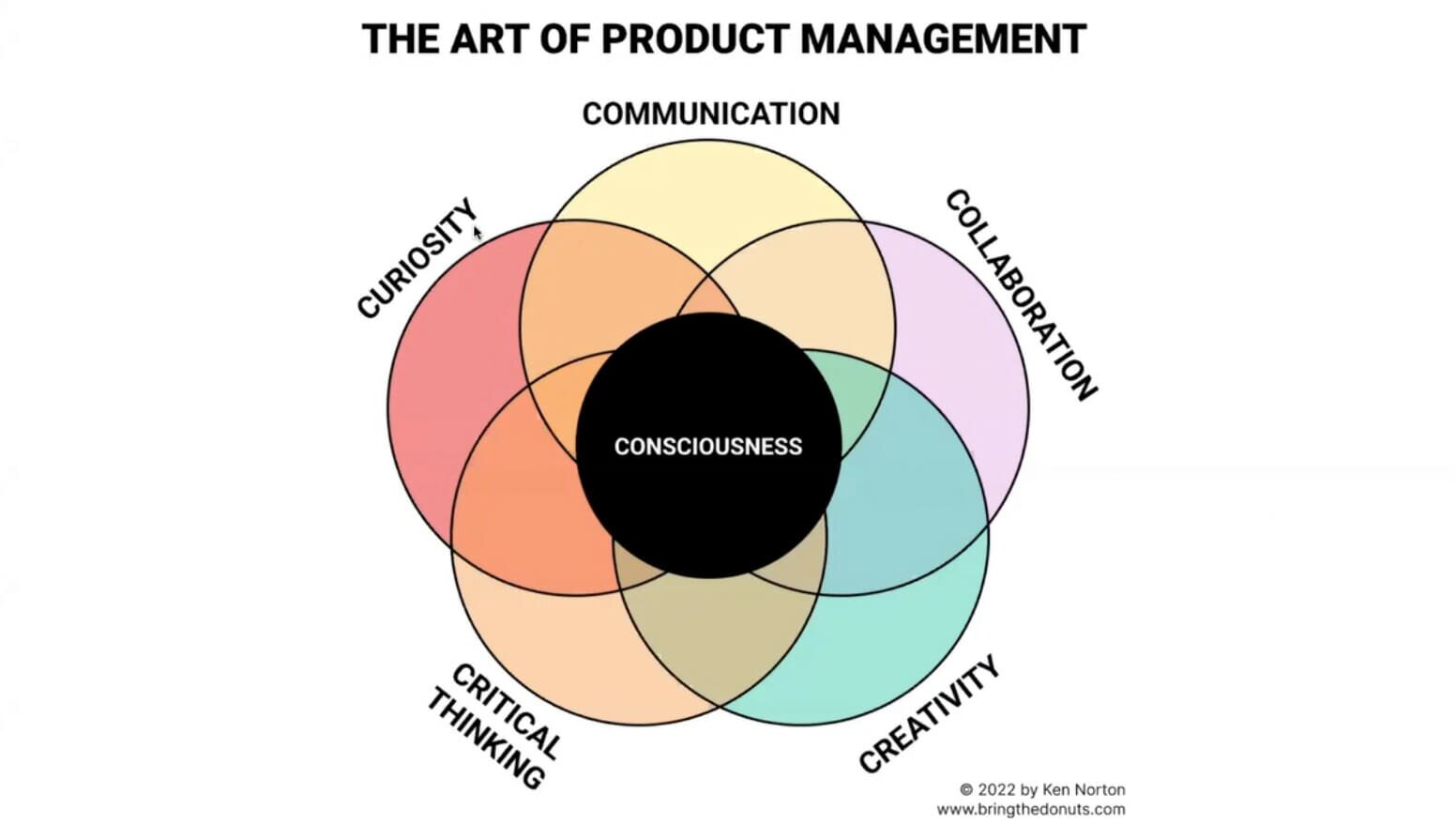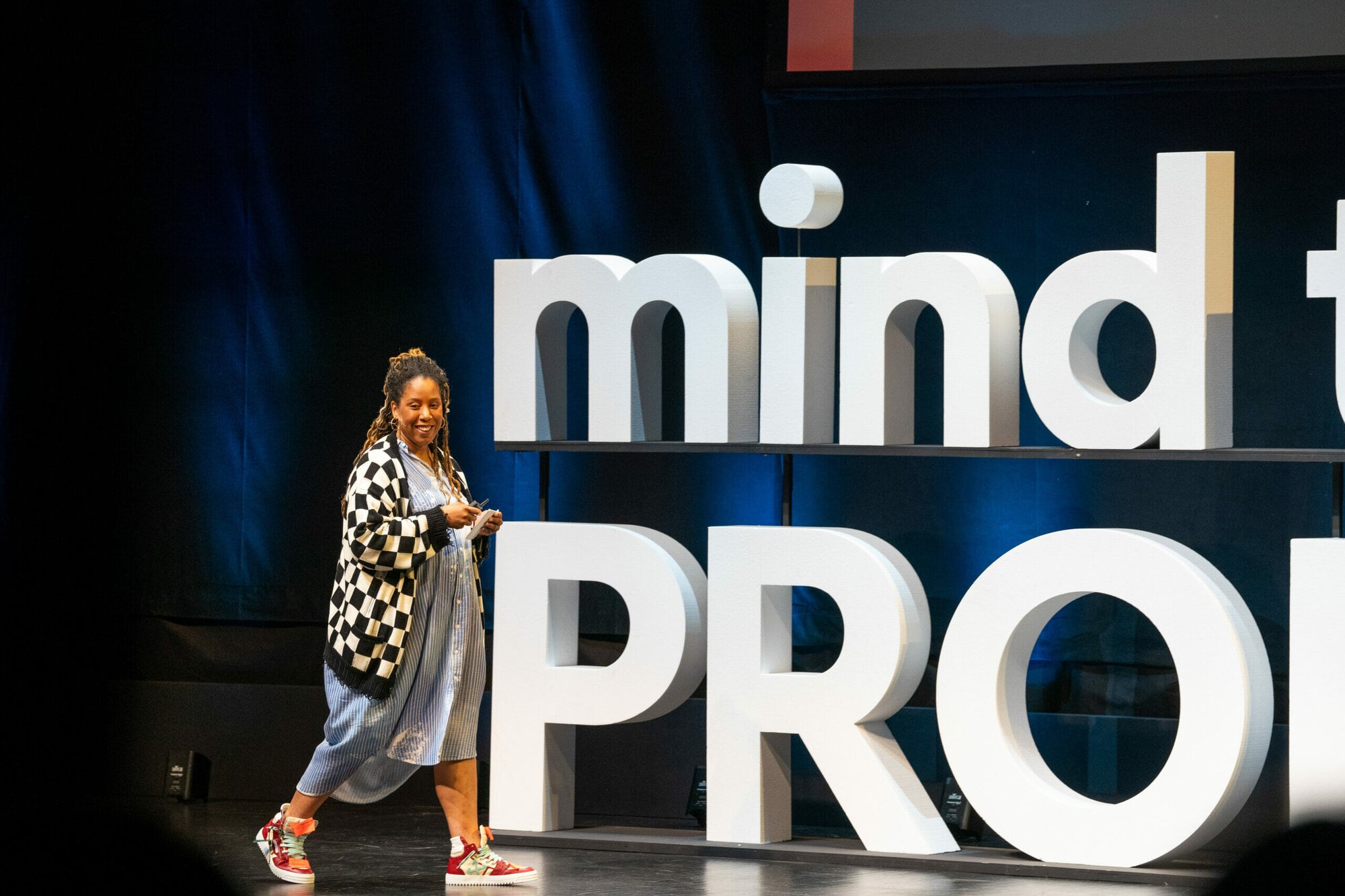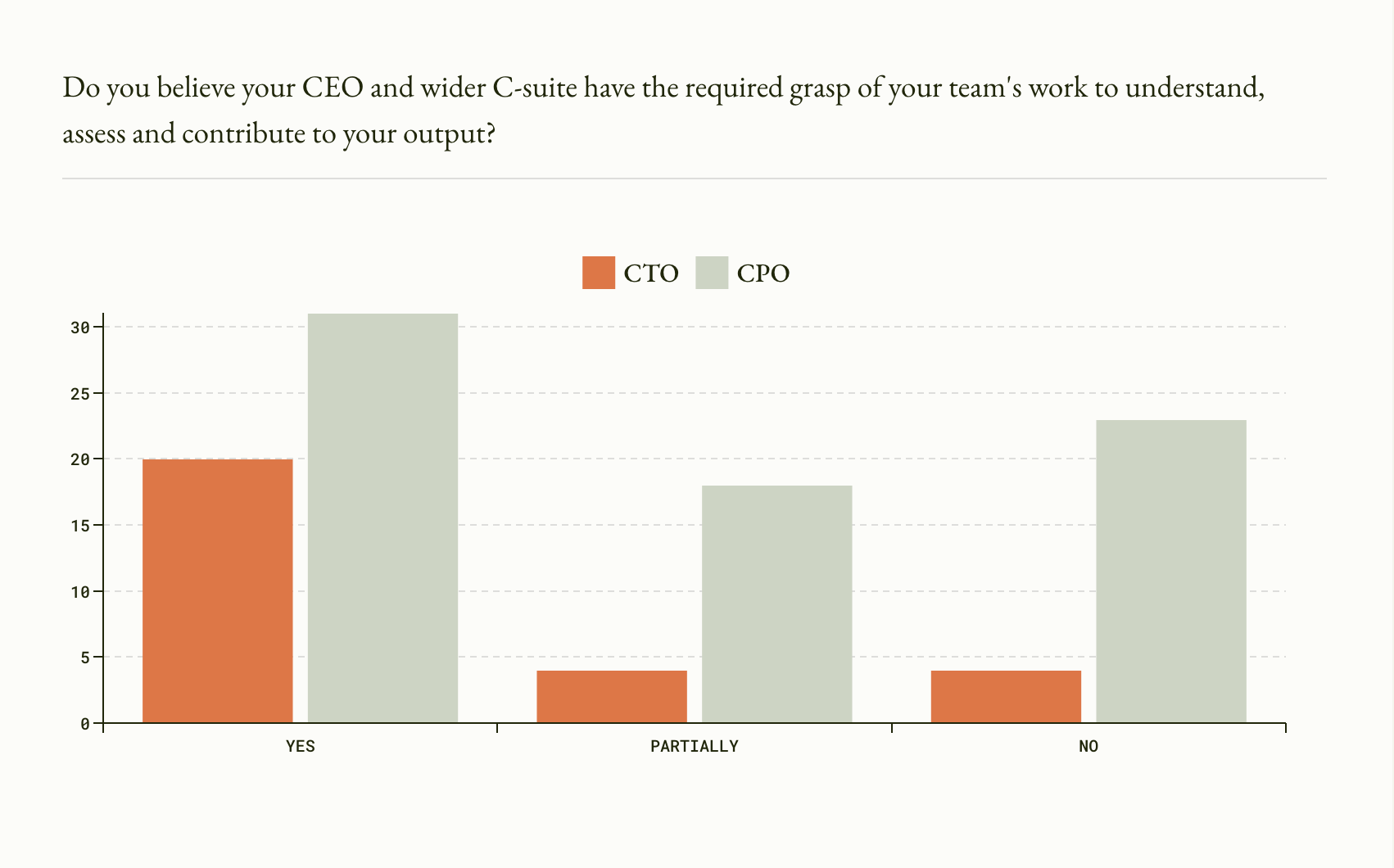In this Ask me Anything (AMA) for prioritised members, Managing Director, Emily Tate, was joined by Ken Norton, Executive Product Coach, to discuss the art of product management. Watch the video in full or read on for the key points discussed.
Lean into soft skills to succeed
Ken opens by explaining how more people are becoming more interested in finding a career in product. To succeed in this career it’s imperative to lean into soft skills, he says. As you develop as a product manager, you tend to gradually rely on the relationships that you have, the earlier you start to think about your soft skills, the more successful you will end up being, so work on developing them. All of these skills are assets that you can learn and grow with. “The more conscious we are as leaders, the more effective we are going to be,” he says.

Dealing with fear and anxiety in product
Ken explains how fear and anxiety come from those living in an imagined future. “People tend to live in a future where a business idea or proposal goes wrong. If you return to living in the moment, there won’t be a threat to your existence,” he says. Our brains are hardwired to see threats and respond to them whether it’s imminent or in the future. Appreciate that there is no threat to you at the moment and focus on what is here right now.
But how do you balance the need to exist in the past and future while staying present in the moment? Ken explains that it’s imperative to control what you can control. Let go of wanting to control the uncontrollable and focus on what you can impact and address those controllable problems. For example, if you’re stuck in a 2-hour traffic block, Ken explains how you could spend hours raging about the situation that you are currently in, or spend 2 hours accepting and finding things to do with what you can do with that time.
Empowering the craft product management
Touching upon Imposter Syndrome when product managers work with stakeholders or teams who might not yet understand product management, Ken explains that it’s helpful to know that you’re not the only one experiencing this. That in itself is valuable to know that it is a natural issue. As leaders, part of our obligation is to not shift the blame, but to focus on the signals to see what we can do to change that. Read more about imposter syndrome in product.
Ken admits that if you’re fundamentally trying to change the culture of a company to embrace the art of product management, it’s going to be an uphill battle. This is due to how new the craft is for many organisations. He explains how important it is to work your way up to a level where your voice can be heard at the executive level.
Dare to be wrong to improve your product craft, Ken says. “Lean into your intuition and take a step back from making assumptions” This will improve your critical thinking which is an imperative asset to empowering the craft of product management. The value of failure is so important, as organisations, we are so afraid of making mistakes and missing things. “Be willing to try new things and make mistakes—as product leaders we have to create an environment so people feel comfortable in doing just that,”






